By MakalliMatta Consulting
Wedad’s — a Gambian brand mainstay
When discussing Gambian businesses that have built successful brands and stood the test of time, the name, Wedad’s immediately comes to mind. Now tugged into the heart of the Senegambia dist rict, this store established in our capital city, Banjul 32 years ago had humble beginnings. This business has survived government regime changes, recessions, and many other hardships. Through all of the trying times, Wedad’s has remained a staple in The Gambia, synonymous with quality, affordability, and good customer service.
rict, this store established in our capital city, Banjul 32 years ago had humble beginnings. This business has survived government regime changes, recessions, and many other hardships. Through all of the trying times, Wedad’s has remained a staple in The Gambia, synonymous with quality, affordability, and good customer service.
Growing up in a tight-knit community in Banjul, Wedad Sojka Bensouda’s childhood consisted of spending lots of time outdoors, attending St. Joseph’s School, and also going to Quranic studies with her friends and family. Discipline and love was what she most remembers about her childhood. She was surrounded by an environment where everyone was encouraged to excel at whatever they were doing. Although she grew up watching her parents run a well-known business in Banjul, Wedad did not immediately decide that she wanted to be an entrepreneur. As a child she wanted to be a nurse, and at some point even a scientist.
Wedad has always had a passion for fashion and in her early years, she would design her own clothes. But it was upon completing her education in The U.S and spending time in England working for various companies, that she decided to return to The Gambia and start a fashion business. Her objective was to create a space where Gambians could shop for affordable quality products in line with western standards, in proportion to their incomes. It was out of this desire that Wedad’s Footwear, Accessories & Clothing was born.
“There were times suppliers and wholesalers did not want to deal with me because they thought my prices were a joke. But little did they know that I was actually fighting to provide people in Gambia with the same quality products as people in western countries, at a reasonable cost” she said.
Dealing with suppliers is a constant struggle, but despite all of the challenges, Wedad underscores the importance of remaining uncompromising when negotiating, in order to consistently offer the affordable and quality products her business has become known for.
Along with the challenges of dealing with suppliers, Wedad faced many battles as a young female entrepreneur in a male-dominated society.
“They did not trust my intelligence or capabilities as a woman” she pointed out.
She told us that she had to work twice as hard to be taken seriously, but after proving that she was skilled and capable, she began to earn people’s respect and proved her doubters wrong.
As our objective of this Women’s History Month series is to motivate more Gambian women to venture into mainstream business, we wanted to know her secret to establishing a business that has operated for three decades and weathered many storms.
to know her secret to establishing a business that has operated for three decades and weathered many storms.
Wedad attributes the longevity and success of her business to her consistence in delivering quality and affordable products her clients can count on, and going to great lengths to satisfy her customers. She mentions that her clients are an integral part of her business’ success and showing them that they are valued goes a long way.
For her, it is important for her to interact with her clients; in the shop, Wedad’s work area is in close proximity to the customers, so she can greet them and engage in conversation as they are doing their shopping. When speaking about customer care and clients, she says: “they [clients] have traveled with me on this journey for 32 years from Banjul to here [Senegambia]. They have been with me through different trends. They have been with me through recessions.”
It is clear that Wedad’s Footwear, Accessories & Clothing has very loyal clients, which is a testament to the trust that has been built over the past three decades.
The longevity of Wedad’s can also be attributed to their ability to evolve over time and adapt to trends, always remaining in fashion and relevant. Wedad carefully studies trends and comes up with creative ways to incorporate them into the store, while staying true to her core mission of never compromising quality to provide affordable products.
Another recurring theme in our conversation with Wedad, was the importance of having the love and support of people close to you as you go through the ups and downs of life. “The people dear to me keep me afloat” she says, talking about how she overcame negativity and difficulties along her journey.
“Having a core group of people to serve as a safety net is important when times get rough. I don’t take myself too seriously, you have to laugh at yourself even during the worst of times” she concludes.
 We wanted to know which women inspired this formidable and classy lady. She told us that her mother served as her main source of inspiration; along with the entrepreneurial spirit, her mother instilled in her from an early age that no dream is too big and that she could achieve anything she wanted to.
We wanted to know which women inspired this formidable and classy lady. She told us that her mother served as her main source of inspiration; along with the entrepreneurial spirit, her mother instilled in her from an early age that no dream is too big and that she could achieve anything she wanted to.
Along with her mom, Wedad draws inspiration everyday from women she encounters in her life: “watching women carry children on their backs, selling vegetables at the market to make sure their families are well fed and clothed, there is something truly inspiring about the strength of women.”
She also emphasizes the importance for women to share and learn from each other’s stories, even if they are not in the same fields or industries.
At MakalliMatta Consulting, a company founded by a woman and with a mostly female staff, we are more inspired in sharing Wedad’s story. Not only do we learn from hearing other people’s stories but it may resonate with you even if you do not have the same background.
Wedad’s sisters and friends describe her as someone who will be there for you at the drop of a hat; this loyalty and commitment resonates in her business, which has stood the test of time, remaining a staple in The Gambian fashion scene since 1986.
She leaves us with these wise words: “Building a lasting and successful brand is not easy, but never lose hope in yourself and remain persistent.”
As part of of our 2018 Women’s History Month celebrations, MMC would be highlighting one Gambian woman per week engaged in mainstream business, driven by brand relevance and legacy building. We would like to see more Gambian women formalizing their businesses. We indeed recognize that the informal business sector is female dominated in Africa as a whole but for this month, we would like to inspire that young girl whose mother is a fruit seller to be inspired to be a farmer and supplier of fruit to hotels, supermarkets etc. We want women to dare to dream to be players in big business. We are doing it but we need more on deck. Happy Women’s Month!

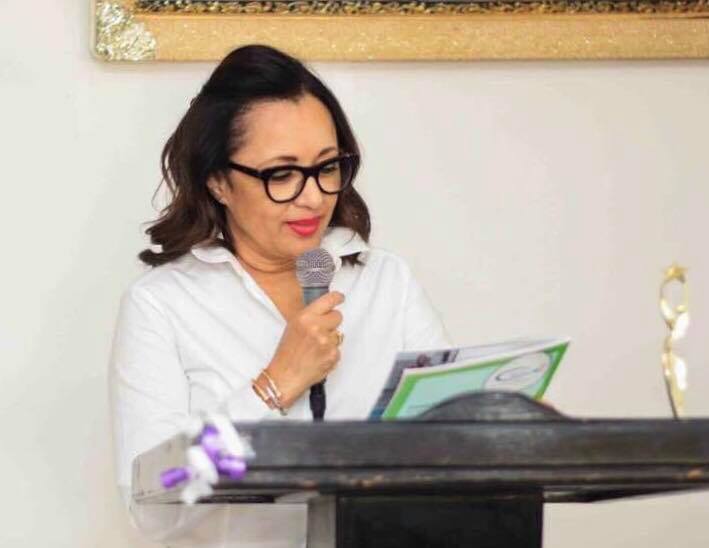
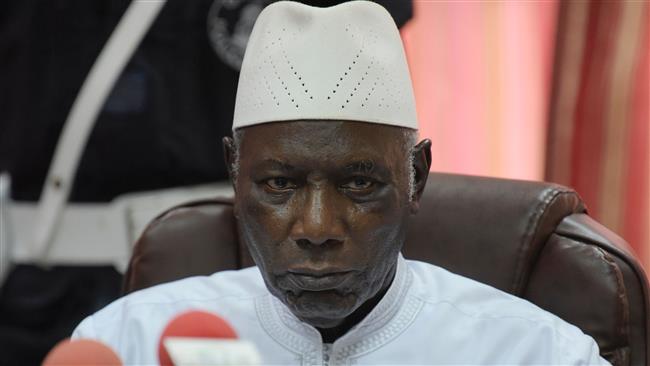

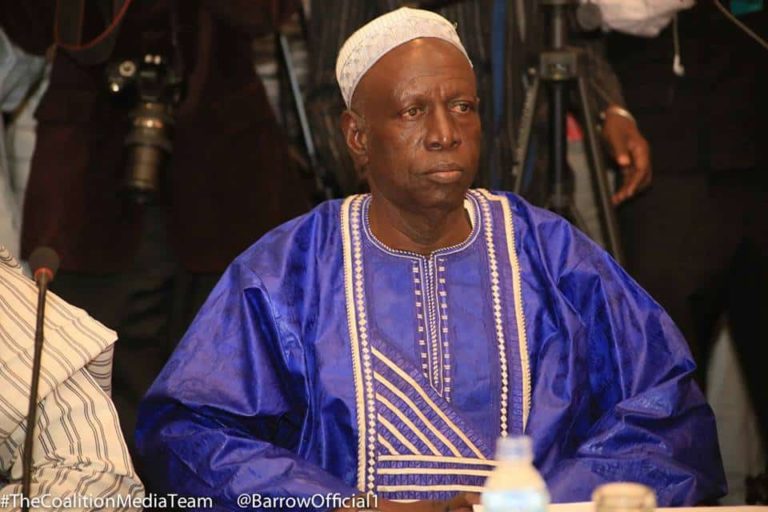
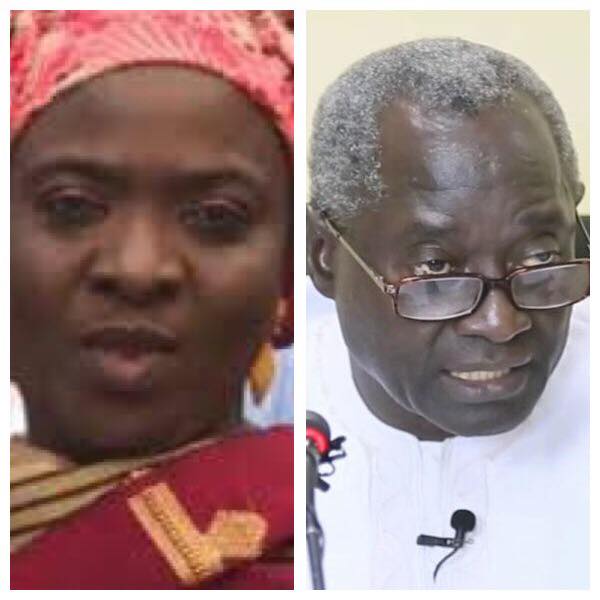
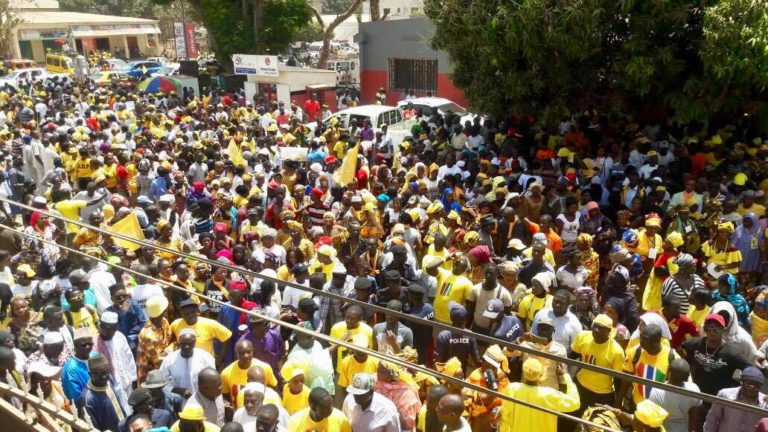
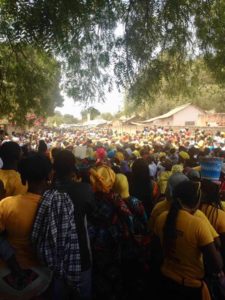
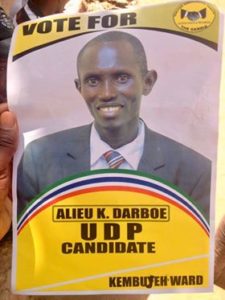
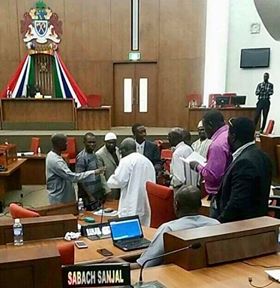

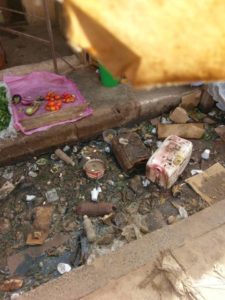
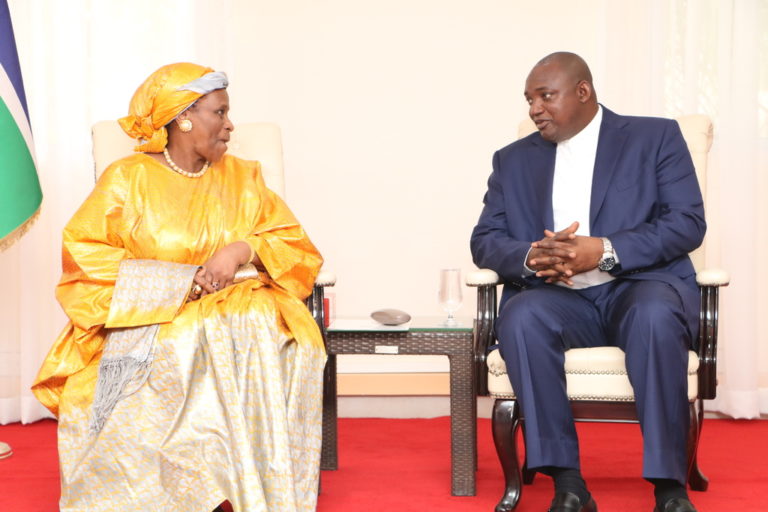
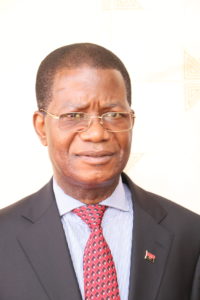
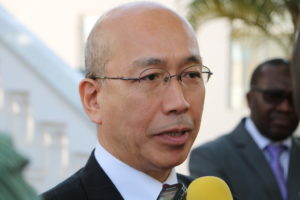
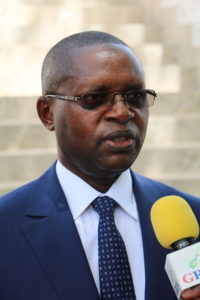
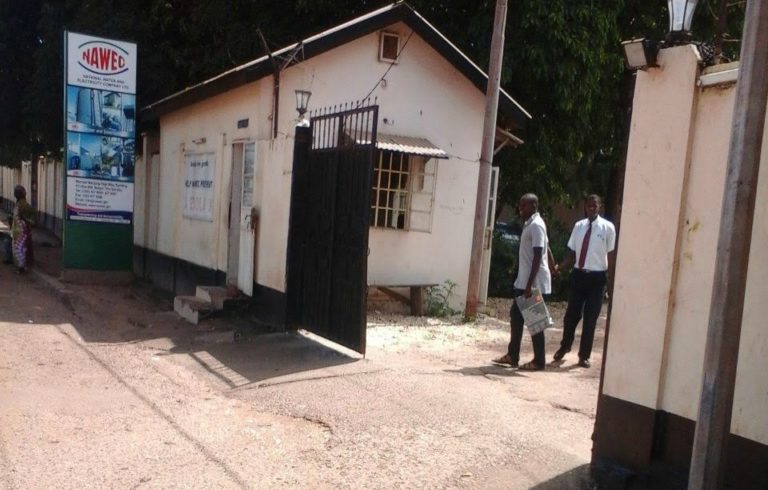

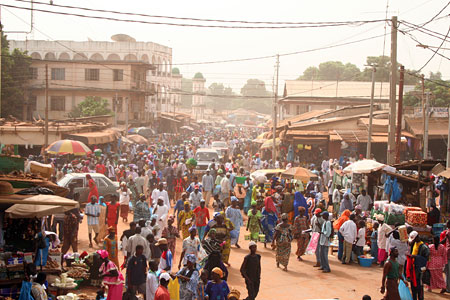
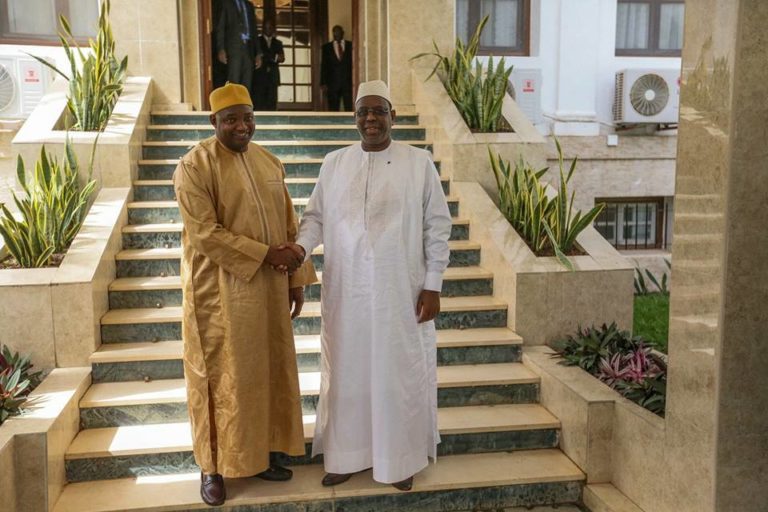
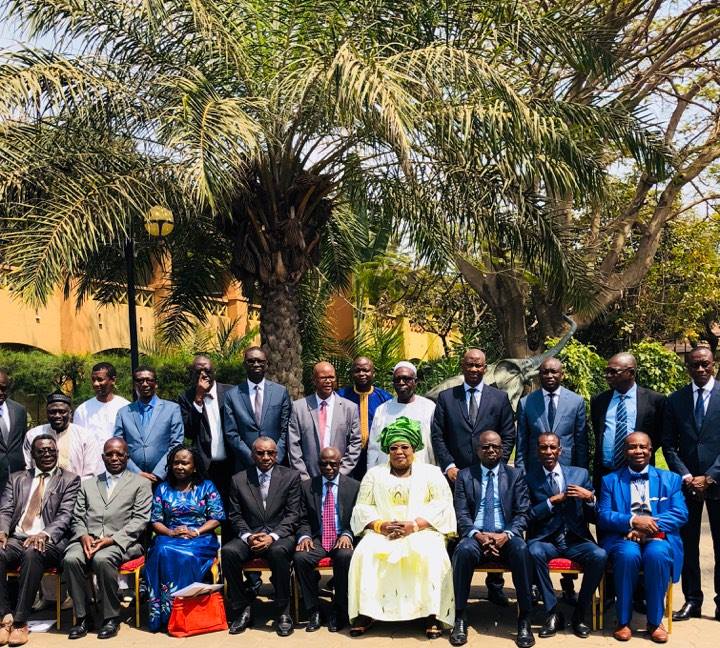
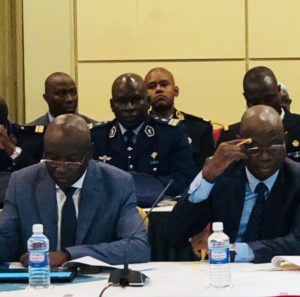

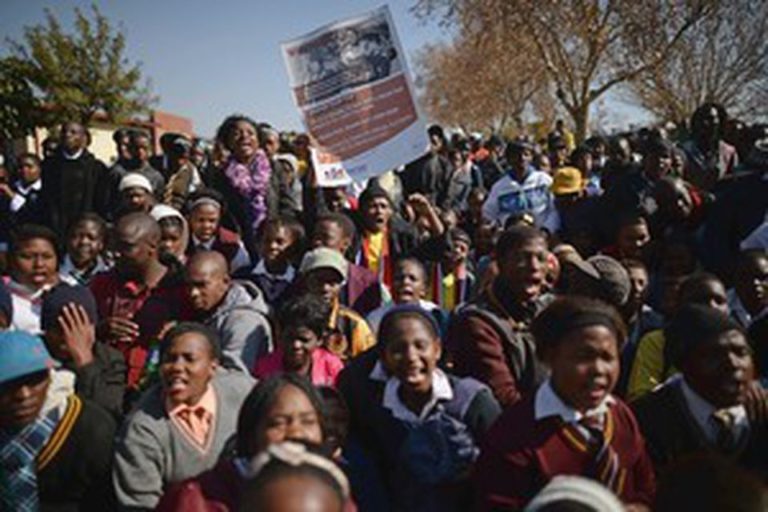
On the Impending Deportation of Migrants: an Epistle to Pope Francis